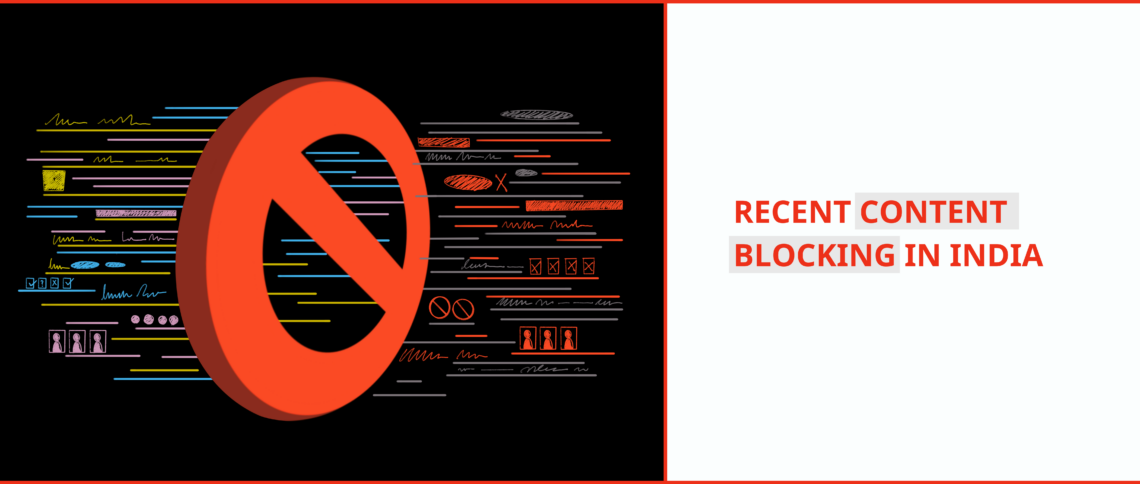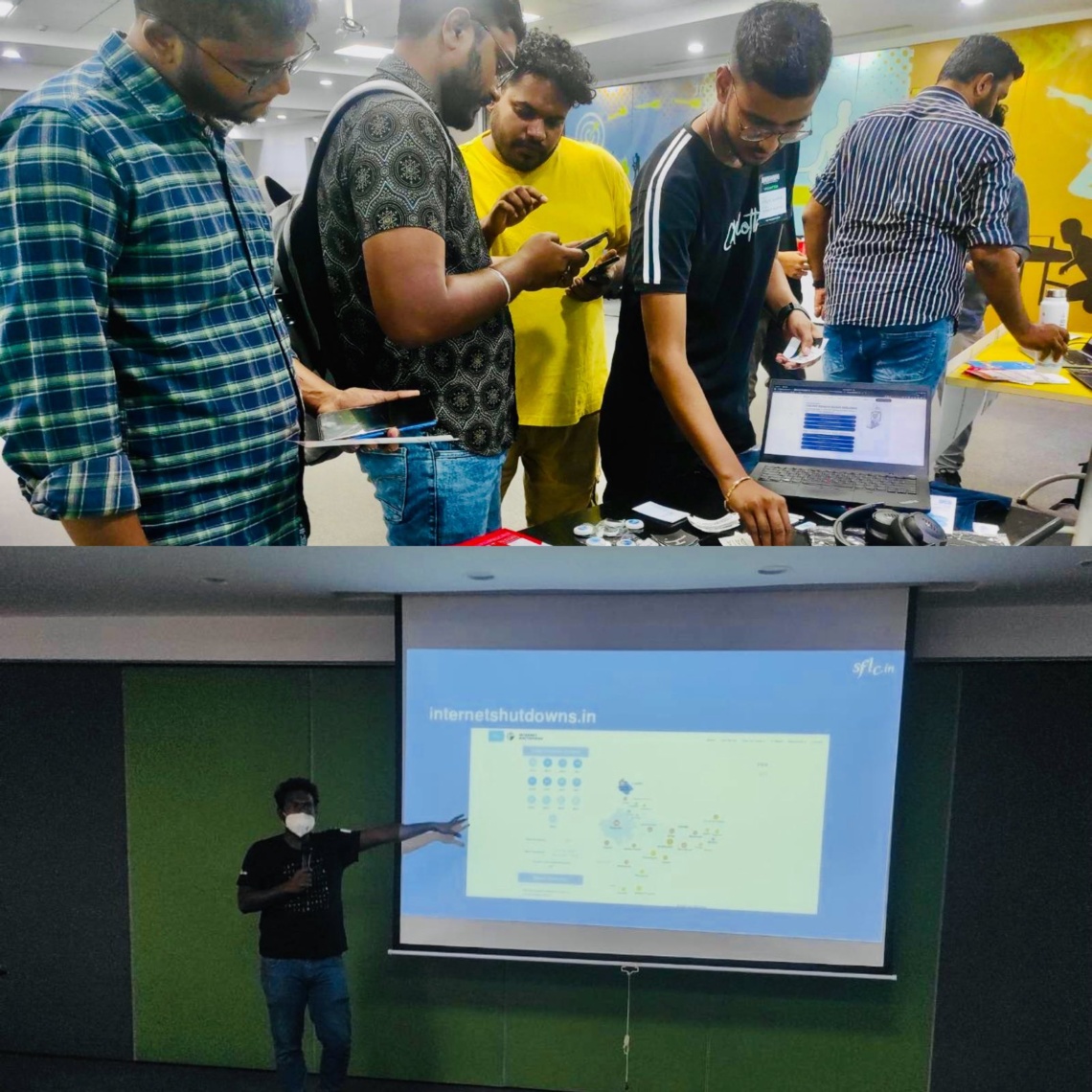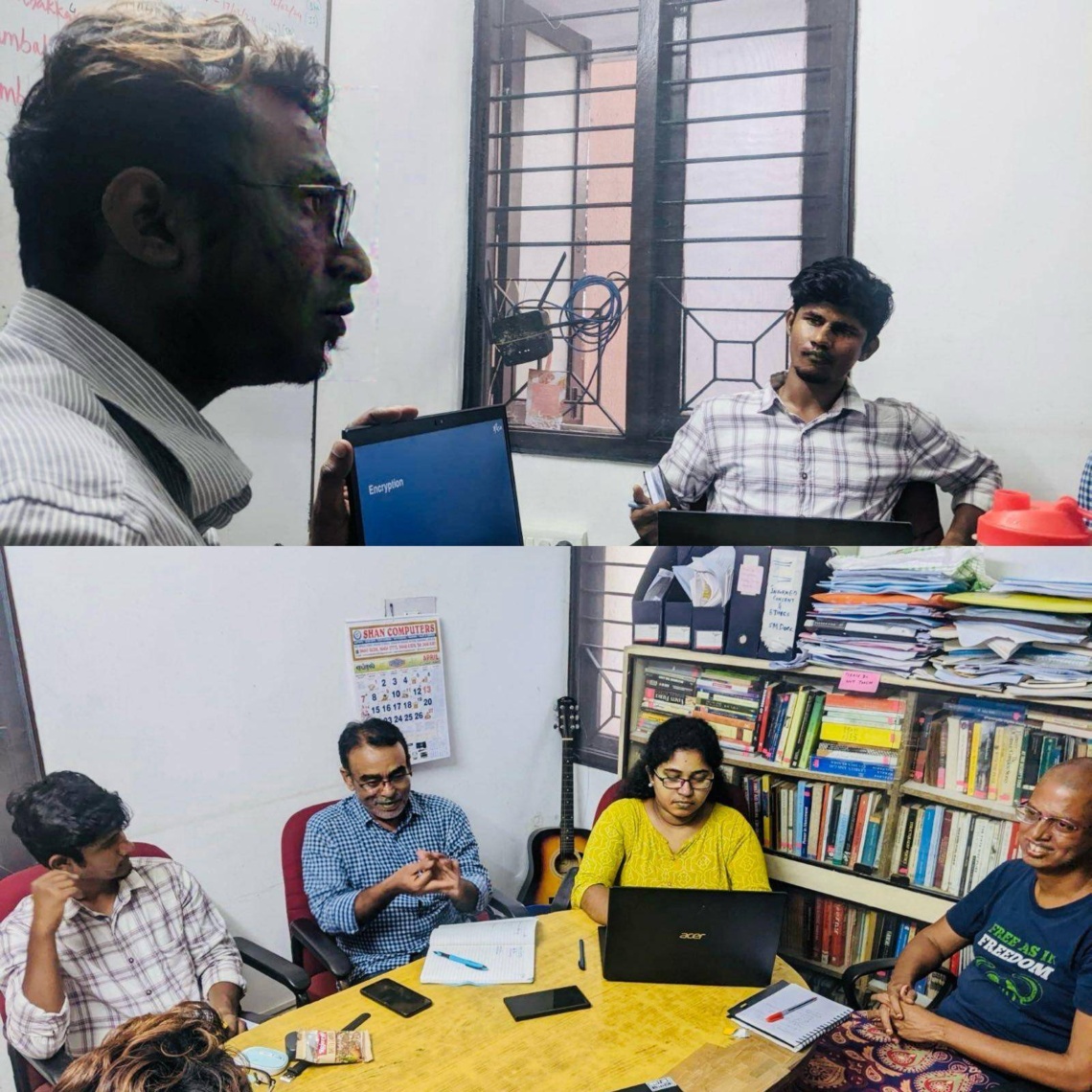On March 24, 2015, the Supreme Court of India took an unambiguous stand in favor of free speech on the Internet by striking down the now infamous Section 66A of the Information Technology Act, 2000 (IT Act) as unconstitutional. The momentous verdict, delivered by Justices J Chelameshwar and R F Nariman, was the culmination of constitutional challenges to various provisions of the IT Act raised by ten separate writ petitions, all of which were heard together by the Court. Section 66A was doubtless the most controversial amongst the challenges, as it had drawn much criticism on account of allowing the arrest of citizens over on-line content deemed annoying, offensive inconveniencing and so on. Several highly publicized arrests of political dissenters under Section 66A added further momentum to calls for reform.
In its judgment, the Supreme Court observed that liberty of free speech and expression are cardinal values of paramount significance to the constitutional process in democracies. Mere discussion or even advocacy of a cause, howsoever unpopular, are at the heart of Article 19(1)(a) [Right to Freedom of Speech and Expression] of the Constitution, and it is only when such discussion or advocacy reaches the level of incitement that Article 19(2) [reasonable restrictions on Fundamental Rights] kicks in. The Court, unconvinced by the Government’s assurance that Section 66A would only be used in a responsible manner, held that the Section not only failed the ‘clear and present danger’ test, but also bore no proximate relation to any of the subject matters enumerated under Article 19(2), especially to public order. Moreover, the Court found every expression used in Section 66A to be nebulous and imprecise, and held that the global reach of the Internet can neither restrict the content of Article 19(1)(a), nor justify its denial. As a result, Section 66A was held to be vague, over-broad, violative of Article 19(1)(a), and not saved by Article 19(2). The Section was accordingly struck down as unconstitutional. Also struck down was Section 118(d) of the Kerala Police Act, which, like Section 66A, sought to penalize those causing ‘annoyance’ through telephone calls, messages, mails and so on. The Court said that what has been said about Section 66A of the IT Act would directly apply to Section 118(d) of the Kerala Police Act, and struck it down as unconstitutional.
Aside from striking down Sections 66A and 118(d), the Supreme Court also read down Section 79 of the IT Act and Rules notified thereunder viz. the Information Technology (Intermediaries Guidelines) Rules, 2011. Section 79 provides ‘safe harbor’ protection to Internet intermediaries against liability arising from user-generated content, and the Rules outline certain conditionalities on which safe harbor protection under Section 79 hinges. Among these conditionalities was a requirement that intermediaries, when notified by any affected party of the existence of contravening content on their networks, must expeditiously take-down said content. Failure to do so would forfeit the safe harbor protection provided under Section 79. In the present judgment, the Supreme Court held that Section 79 and the Rules are to be read down so that content take-downs must necessarily be preceded by either a court order or a Government directive to the effect. This injects significant safeguards into the notice and take-down procedure, as intermediaries will no longer be required to remove content on the basis of vexatious and at times malicious third-party complaints. Non-serious complaints will be filtered out by the legal process, and this in itself is a huge step forward.
Having struck down Section 66A and read down Section 79 and the Rules, the Supreme Court however refrained from striking down Section 69A of the IT Act and Rules framed thereunder. Section 69A, along with the Rules, lay down the legal and procedural frameworks surrounding the blocking of on-line content from public access. The constitutionality of these provisions were assailed by the petitioners on several grounds, including that they afforded no opportunity for pre-decisional hearing and that they lacked procedural safeguards. The Supreme Court begged to differ on these counts, and held that Section 69A unlike 66A is a narrowly drawn provision with adequate safeguards. Further, the Court held that the mere absence of certain additional safeguards does not make the provisions constitutionally infirm. Section 69A and the Rules framed were accordingly held to be constitutionally sound.
In any event, this judgment by the Supreme Court will doubtless find a well-deserved place in the annals of Indian legal history. In fact, this is the first time since the 1960s that the Supreme Court has struck down a central legislative provision as violative of free speech. Netizens all over the country can now heave a much needed sigh of relief as they no longer need to risk personal liberty over ‘annoying’ or politically contentious content uploads. Also bound to be jubilant are India’s Internet intermediaries, whose legal burdens have been considerably lightened due to the injection of some timely, if not overdue, safeguards into India’s intermediary liability regime.



